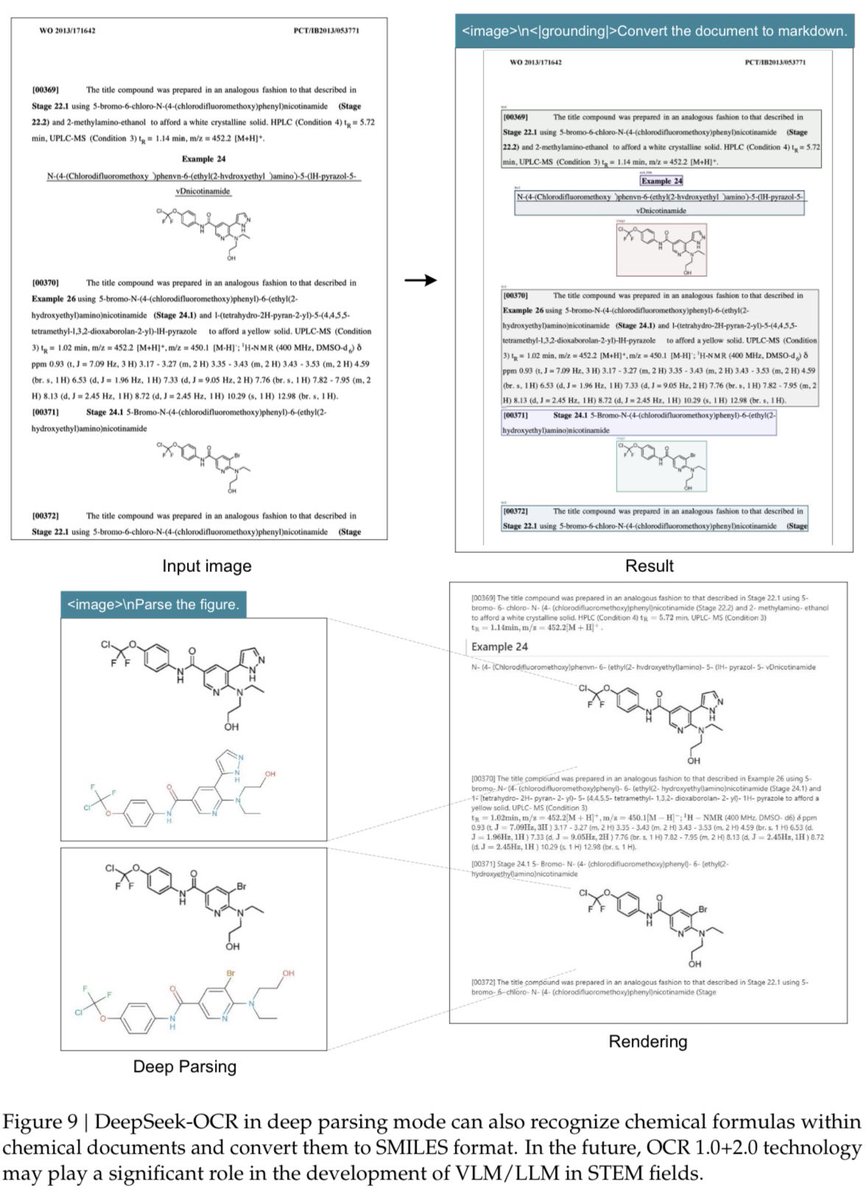
Eric Alcaide
@eric_alcaide
common prosperity
ID: 774723604412071936
http://hypnopump.github.io 10-09-2016 21:37:55
679 Tweet
997 Takipçi
694 Takip Edilen


RWKV v7 was presented yesterday, but if you're interested in RADLADS the poster is today 4:30-6:30 #31. Really great work by Dan Goldstein Eric Alcaide and PicoCreator - AI builder @ SF 🌉! arxiv.org/abs/2505.03005



















